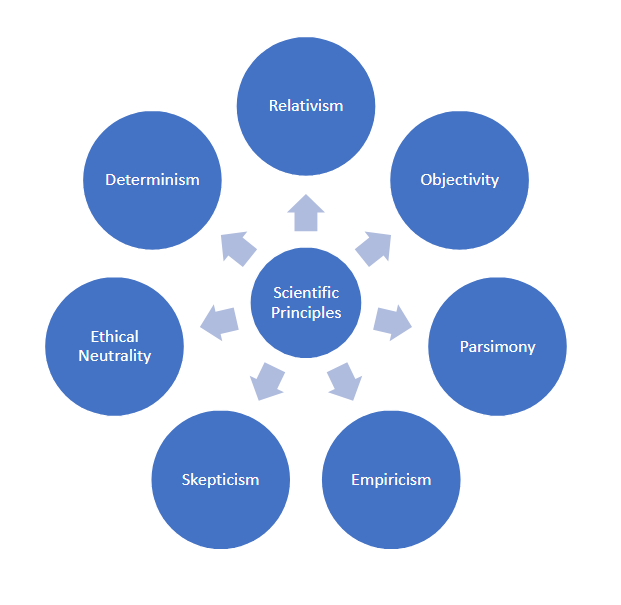
Journal: Seven Scientific Principles
In cybersecurity, the seven scientific principles help us create stronger, more reliable systems. Relativism reminds us that security needs can vary across different systems and contexts, so solutions should be flexible. Objectivity means decisions should be based on facts, not personal biases. Parsimony encourages keeping things simple, focusing on what works
without unnecessary complexity. Empiricism tells us to rely on real-world data and past
experiences to inform our strategies. Ethical neutrality focuses on using methods that are technically effective, without letting personal ethics interfere. Determinism suggests that security events have identifiable causes, making them predictable. Lastly, Skepticism pushes us to always question and test our security systems to make sure they’re truly working. These principles help build safer, smarter cybersecurity practices